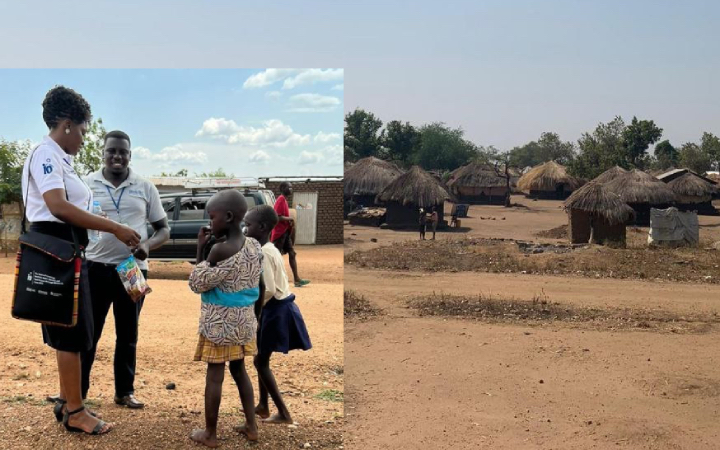Refugee Studies
Suubi+Adherence4Refugees (2022-2024)
 Suubi+Adherence4Refugees: Administrative Supplement Incorporating Refugee Youth Living with HIV in Uganda
Suubi+Adherence4Refugees: Administrative Supplement Incorporating Refugee Youth Living with HIV in Uganda
Principal Investigators: Nhial T. Tutlam, PhD; Fred Ssewamala, PhD
Project Team Members: Ozge Sensoy Bahar, PhD; Proscovia Nabunya, PhD; Noeline Nakasujja, MBChB, PhD (Makerere University)
Funding Agency: Eunice Kennedy Shriver National Institute of Child & Human Development (NICHD)
Implementing Partners: Abel Mwebembezi, PhD (Reach the Youth-Uganda)
Study Coordinator: Isaac Kwesiga
The Suubi+Adherence4Refugees is a two-year study funded through an administrative supplement from the Eunice Kennedy Shriver National Institute of Child & Human Development (NICHD) to enhance inclusion of the target population by recruiting refugee youth living with HIV (RYLHIV) in Uganda. While the parent grant (Suubi+Adherence) focuses on Ugandan youth living with HIV to examine their longitudinal HIV treatment adherence and transitioning into young adulthood, it does not include refugee youth population. Yet, refugee youth are a very vulnerable population at increased risk of HIV infection and transmission due to many factors including settlement in areas with high HIV prevalence in Uganda. This study aims to recruit 180 refugee youth living with HIV (RYLHIV) to understand factors around access to and utilization of HIV treatment and adherence to treatment, trauma-associated disorders, psychological functioning, and sexual decision-making, which will contribute to our understanding of the dual public health threats of HIV and mental health among vulnerable refugee youth in Uganda.
Specific aims of the study are:
- Examine the HIV viral suppression and explore the participants’ ability to access and refill prescribed medication, adhere to prescribed daily medication routines, and engage in HIV care among refugee youth living with HIV.
- Assess: a) economic stability, sexual risk-taking behavior, adherence self-efficacy; b) cognitive functioning; c) mental health functioning; and d) young adult transitions and social support among refugee youth living with HIV.
For news, click on this link
RCap4Youth: Research Capacity for Refugee Youth (2024 – 2025)
Principal Investigators: Nhial T. Tutlam, PhD; Proscovia Nabunya, PhD, Mitra Naseh, PhD
Project Collaborators: Noeline Nakasujja, MBChB, PhD (Makerere University); Hellen Opolot, Isaac Makhuwa, and Beth Mutumba (UNCST)
Funding Agency: Fogarty International Center
Study Coordinator: Isaac Kwesiga
The RCap4Youth study is a one-year administrative supplement to the ACHIVE Training Program (D43TW012275; MPIs: Fred M. Ssewamala and Mary McKay) funded by the Fogarty International Center (FIC) at the National Institutes of Health. The project will recruit refugee youth residing in refugee settlements in Uganda with the ultimate goal of training a cadre of young people to engage in research focused on addressing health issues faced by vulnerable populations in humanitarian settings.
The project will leverage existing infrastructure and partnerships to identify research capacity gaps and develop a much-needed research training curriculum focused on intervention research design, implementation, and ethical conduct of research. Specific aims of the study are:
- Conduct planning and consultative meetings with key stakeholders to identify research capacity gaps and opportunities to build research capacity among refugee youth residing in humanitarian settings.
- Based on data gathered in aim 1, develop a training curriculum along with key stakeholders to develop research capacity in areas of intervention research design, implementation, and ethical conduct of research.
- Recruit 30 refugee youth and deliver research training based on the curriculum developed with stakeholders in aim 2 and conduct evaluation of the short-term impact of the training program.
COVID-19 and Health Disparities Research Pilot (2023-2025)
Study Title: A Pilot Project to Assess the Impact of COVID-19 on the Mental Health of Vulnerable Refugee Youth Living in Refugee Settlements Compared to Refugee Youth Residing in Urban Centers in Uganda
Principal Investigator: Nhial T. Tutlam, PhD
Project Team Members: Mitra Naseh, PhD; Proscovia Nabunya, PhD
Funding: Brown School at Washington University in St. Louis Supported by the Neidorff Family and Centene Corporation COVID & Health Disparity Response Fund
International Collaborator: Noeline Nakasujja, MBChB, PhD
Study Coordinator: Isaac Kwesiga
This study seeks to understand whether the COVID-19 pandemic had differential impact on refugee youth living in different settings. We will also test the feasibility and acceptability of an innovative combination intervention that has not been previously tested among refugee youth to address psychological problems that have increased since the onset of the COVID-19 pandemic. The study will recruit 200 youth ages 15 to 24 years old: 100 youth from five zones of Bidibidi refugee settlement and 100 youth from Arua town in Uganda. Assessments will focus on mental health functioning, engagement in risky behavior, and resilience. The intervention will be delivered for 6 months. Data will be collected at baseline and 6 months post intervention.
Global Health Seed Fund (2023-2024)
Study Title: A Pilot Study to Examine the Feasibility and Acceptability of a Combination Intervention to Address HIV Risk and Treatment Adherence and Mental Health Outcomes among Refugee Youth Living with HIV in Uganda
Principal Investigators: Nhial T. Tutlam, PhD and Proscovia Nabunya, PhD
International Collaborator: Noeline Nakasujja, MBChB, PhD
Funding: McDonnell International Scholars Academy, Global Health Center at the Institute of Public Health, and the Africa Initiative at Washington University in St. Louis
Study Coordinator: Isaac Kwesiga
Description: The mental health impact of trauma on refugees is well documented. Unfortunately, many of the interventions implemented in refugee settings focus on addressing signs and symptoms of broad spectrum of mental disorders. Yet many of the mental health challenges among refugees may be related to daily stressors that emanate from lack of economic security. Building on established collaboration between Makerere University and WashU’s Brown School scholars, this study leverages an ongoing research funded by the Eunice Kennedy Shriver National Institute of Child & Human Development (NICHD) (R01HD074949-09S1), to test whether a combination of the youth readiness intervention plus economic empowerment consisting of youth development accounts (YDA) and financial literacy training (FLT) would be feasible and acceptable to address mental health challenges among refugee youth living with HIV.
For news, click on this link
Suubi4Refegee Study Publications
Tutlam NT, Kizito S, Liyew TW, Ssewamala FM. HIV among refugee youth in Uganda: unmasking the crisis. Lancet. 2024 Apr 20;403(10436):1536-1537. doi: 10.1016/S0140-6736(24)00359-3. The Lancet

